Youth Advocacy in Action (Spring 2023)
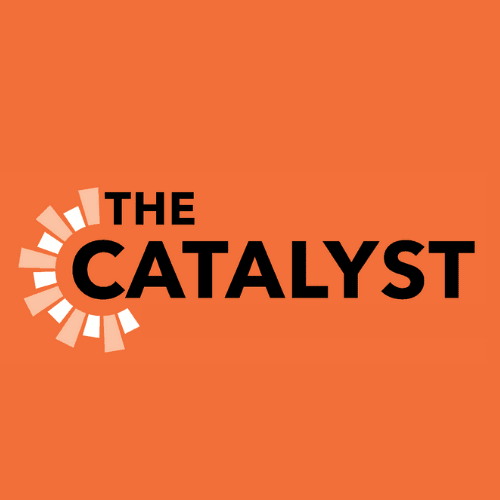
Diversity in Partnership
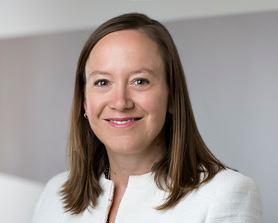
2017 has been a turbulent, exhausting year in the United States. The irrational discourse. The divisiveness. The seemingly endless assault on women and girls. Yet still, I am filled with gratitude.
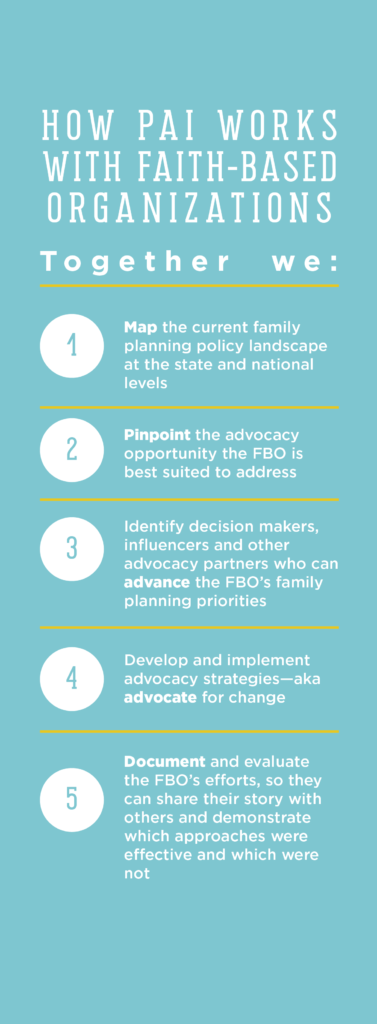
I am grateful because in the face of adversity, PAI has not turned away. Nor have you, our supporters. Instead, our hunger for engagement and activism has deepened. Our compassion, intensified. We are unwavering in the pursuit of justice. And in this polarizing time, PAI continues to build partnerships with diverse groups, strengthening their capacity to advocate for women’s right to affordable, quality contraception and reproductive health care.
This includes partnering with faith-based organizations through our Faith + Family Planning Fund, which we feature in this issue of The Catalyst. Christians, Muslims and other religious groups advocating for better access to contraception may seem like a conflicting notion—but it isn’t. The fact is that women of faith want and use birth control. We are inspired by our faith-based partners in places such as sub-Saharan Africa and South Asia, who not only deliver critical health services, they also recognize the vital importance of family planning to the health and well-being of women and girls.
At the same time, in the difficult and under-resourced settings where we work, women’s spirituality and their religious leaders’ counsel often play central roles in women’s lives. By working with faith groups, PAI marries a woman’s right and desire to decide whether and when to have children with her own spiritual life.
PAI’s collaboration with faith-based organizations reflects our commitment to cultivating a network of global partners who advance our mission by advocating for improved access to family planning in their countries. It reflects our commitment to raising all of our partners’ voices as part of the global movement for sexual and reproductive health and rights. And in this divisive moment around the world, I believe PAI must be more resolute in convening diverse voices to address the health of women and girls.
Our work with faith-based organizations is just one example of the proactive, creative and inclusive spirit that is PAI. That has always been PAI. I hope you’ll join us as we continue to deepen this critical work.
Sincerely,
![]()
Suzanne Ehlers
President and CEO
PAI is partnering with faith-based organizations around the world to advance family planning.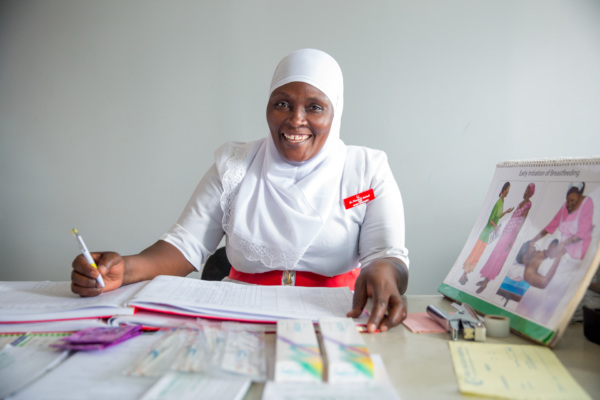
In many developing countries—where some 214 million women want to delay or prevent pregnancy, but need modern contraception—faith-based organizations (FBOs) are key health care providers, delivering a significant proportion of medical care, including reproductive, maternal and newborn care. Yet even though most of these faith groups strongly support family planning, many are not fully engaged as vocal advocates.
PAI’s $3 million Faith + Family Planning Fund is addressing this gap by strengthening the advocacy skills of FBOs in sub-Saharan Africa, Afghanistan and the Philippines. Specifically, we are helping religious groups pinpoint advocacy opportunities at the state and national levels, as well as identify decision makers and influencers who can advance FBOs’ family planning priorities. We also work with our partners to develop and implement advocacy strategies. And we guide them on how to document and evaluate their efforts, so they can share their story with others and demonstrate which approaches worked and which did not.
“FBOs are uniquely positioned to engage in policy advocacy because of their deep roots in communities and established record of delivering health services.”
— Elisha Dunn-Georgiou, PAI Vice President of Programs
While PAI has no religious affiliation, collaborating with faith groups that support family planning is critical to advancing our shared goals. “FBOs are uniquely positioned to engage in policy advocacy because of their deep roots in communities and established record of delivering health services,” said Elisha Dunn-Georgiou, PAI Vice President of Programs.
And PAI has seen promising results after three years of Faith + Family Planning. For instance, nine evangelical church leaders in Benin signed the first-ever declaration stating their commitment to family planning, as did the head of the Muslim community in the Democratic Republic of Congo. The Council of Protestant Churches of Cameroon developed and distributed the first-ever toolkit with family planning messages in its health centers and at key religious events. And in Malawi, religious bodies endorsed an interfaith youth guide on faith and sexual and reproductive health and rights.
In 2018, PAI will be expanding the reach of our Faith + Family Planning Fund and increasing global and national commitments to family planning. With your support, we can continue to raise the voices of our faith-based partners like Rev. Moses, whom you can learn more about below.
The Rev. Moses Ssemugooma knew he had found his calling when he became the health coordinator for the Mityana Anglican Diocese in Uganda a dozen years ago.
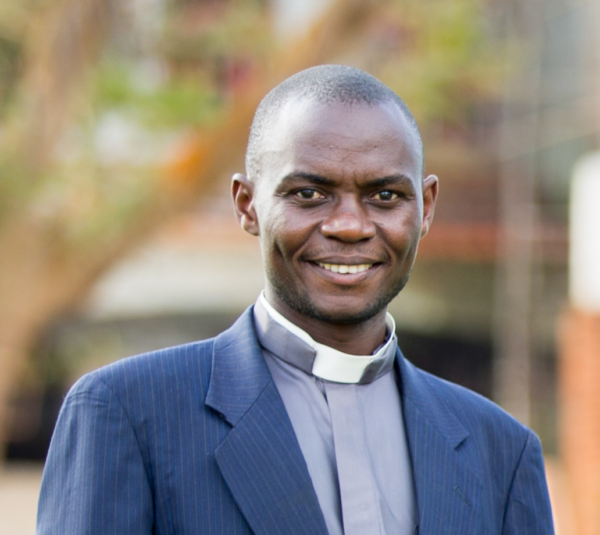
Today, the 38-year-old priest still oversees health matters for the diocese in Central Uganda’s Mityana District. His duties include managing 24 health facilities, recruiting health workers and securing inventory for clinics. And he’s on the ground in communities, preaching about healthy practices in child and maternal health, immunizations and HIV prevention—as well as in family planning and reproductive health services.
“I’m looking at saving lives in the communities through health prevention messages, and also ensuring that we work as a church,” Rev. Moses said, “because a good church should have a healthy nation and a healthy people.”
A family planning advocate for many years, Rev. Moses has counseled couples on the benefits of family planning and helped them find the contraceptive method that is right for them.
When he bumps into parents at health clinics, he uses the opportunity to educate them about family planning. He routinely holds discussions on the issue with other religious leaders from Muslim, Catholic and Orthodox traditions. And Rev. Moses is a voice for family planning on numerous platforms, including training, workshops and various national policymaking forums.
“Some people could look at the church as just pulpits,” the father of four said. “But we go beyond pulpits.”
Now, Rev. Moses’s efforts are being strengthened through the diocese’s partnership with PAI. Most significantly, PAI helped Rev. Moses and other faith leaders develop an advocacy roadmap that aimed to convince Mityana District leaders to fund, implement and evaluate family planning programs in the area. The faith groups’ efforts were a success. By working directly with the FBOs—who were being guided by PAI—district leaders developed and approved a strategic plan for improving access to family planning information and services.
Seeing the fruits of his labor, such as an increase in robust health services as well as changed minds and behavior about family planning, keeps Rev. Moses motivated after all these years as a health care and family planning advocate.
“I see this work as paramount to the church,” he said.
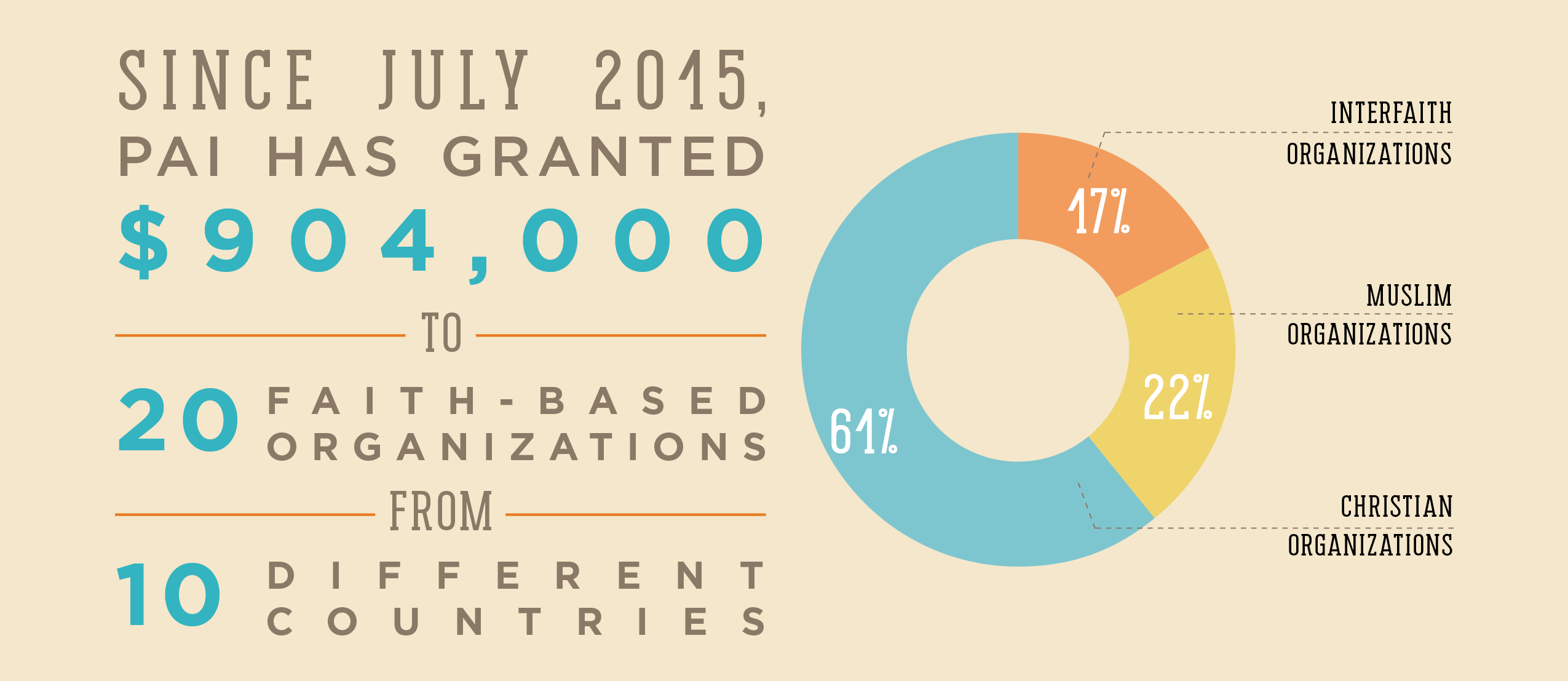
Sharon Camp, Ph.D.
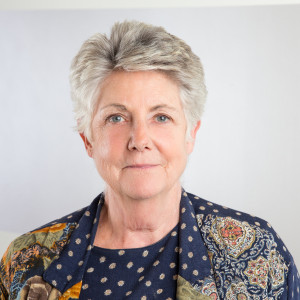
My deep commitment to reproductive rights goes back more than half a century, to my senior year in college when abortion was still illegal across the United States and effective contraception was largely unavailable to unmarried women. Like millions of desperate women in many parts of the world today, I resorted to a clandestine abortion—a terrifying and almost fatal experience.
A year later, on my first trip to Africa, I came face-to-face again with the tragedy of a botched abortion when a young woman sharing my room in a bush hospital in Mali died of abortion-related complications.
After earning a Ph.D. in international studies, and working for a few years in domestic policy and politics, I took a job in 1975 at what is now PAI as a public interest lobbyist for international family planning. That was the beginning of a forty-year career in women’s reproductive health and rights— the cause already so close to my heart.
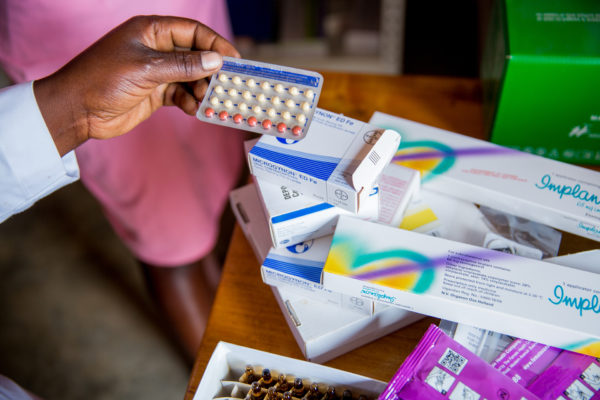 What enables me today to leave a legacy gift for PAI is the work I undertook, beginning in 1995, to develop and bring to market Plan B emergency contraception. With fellow activists in the United States and internationally determined to make emergency contraception a standard in women’s health care, I pushed the pharmaceutical industry to bring a dedicated product to market without success. So after twenty years as a public interest lobbyist, I started a tiny pharmaceutical company—something for which I had no obvious qualifications.
What enables me today to leave a legacy gift for PAI is the work I undertook, beginning in 1995, to develop and bring to market Plan B emergency contraception. With fellow activists in the United States and internationally determined to make emergency contraception a standard in women’s health care, I pushed the pharmaceutical industry to bring a dedicated product to market without success. So after twenty years as a public interest lobbyist, I started a tiny pharmaceutical company—something for which I had no obvious qualifications.
Nine years later, the still tiny—but now profitable— company was sold. I distributed half of my share of the proceeds to the company’s largely non-profit investors and put half in a Charitable Remainder Trust. I receive annual payments to supplement my retirement income. It feels good to be able to set aside this pot of money to leave a legacy for the reproductive rights community.
A portion of my trust will go to PAI. I do so with the confidence that PAI, with its more than 50year track record, will be around for many years after I am gone, and that it will continue to be a key player in the ever-challenging battle for reproductive rights.
The rest of my assets, including retirement funds, will go to my family—something we all want to do. But I encourage others to think about the causes that have mattered to them during their lifetimes and be purposeful in planning their legacy for a better world.
For more information on how to leave a gift for reproductive freedom in your will, trust, or by beneficiary designation, please contact:
Teri Blandon
Vice President of External Relations
+1 (202) 557-3400 or legacy@pai.org
We are fighting back against the onslaught of harmful policies that discard reproductive rights.
Stay informed about the issues impacting sexual and reproductive health and rights.
